Retirement is a significant milestone that many business owners look forward to — after years of hard work and dedication, it’s only natural to want to enjoy the fruits of your labour.
However, to properly enjoy your retirement, you need a strategy that lets you extract your money in a tax-efficient way.
Continue reading this post to get started with your own strategy — if you’re looking for more information about succession planning, including keeping the business in the family, read our previous blog post.
The power of a proper valuation
To extract the most amount of money from the sale of your business, you need a strong and trustworthy business valuation.
In that sense, selling a company is much like selling a house, and you wouldn’t put your home on the market without a professional opinion, so that you don’t sell for too low or find yourself without a leverage tool in negotiations!
Valuing a business involves a thorough analysis of various factors. First, it involves an interrogation of financial statements to provide insights into revenue, expenses and profitability. It also includes a look at your assets, cashflow, risks and wider market conditions.
As you might have guessed, building a reliable business valuation that reflects the reality of the organisation is a tall order, so you should always consider enlisting the help of a financial professional.
Taxes implications when selling a limited company
There are certain tax obligations you may need to fulfil when you sell a business.
Capital gains tax
Capital gains tax (CGT) is applied on the profits made after the disposal or sale of an asset — in this case, your company shares.
So, if you acquired a florist business for £230,000 a decade ago and sold it for £350,000, your capital gain — and the figure you may have to pay tax on — would be £120,000.
Under CGT, your sale profits that fall within the basic rate of income tax after your normal pay (like a salary) is charged at 10%. Sale profits that fall in the higher or additional tax brackets face a 20% tax charge.
There is an annual tax-free CGT allowance, which for the 2023/24 tax year is £6,000; for 2024/25, this will reduce to £3,000.
Business asset disposal relief
Formerly known as entrepreneurs’ relief, business asset disposal relief (BADR) could help you reduce your tax liabilities when selling your limited company.
BADR works by reducing the rate of CGT to 10% for eligible company owners. You can qualify for the scheme if:
- you’re disposing of your personal business or shares in a business partnership
- you’re a director of your company and are selling shares.
Corporation tax
Corporation tax is most known as the tax companies pay on their profits, and ranges between 19% and 25%, depending on their income and what marginal tax relief they can claim.
In the context of selling a business, however, it is charged on the profits you make from the sale of physical assets. On the other hand, if you’re not arranging an asset sale and just want to transfer the entire business, warts and all, by selling shares, then this won’t apply to you.
Need help selling your business?
Selling your business is a difficult and complex thing to do. So is maximising the money you get from selling it to enjoy in retirement — but we can help.
Get in touch with us to discuss your business sale, and we’ll help maximise your profits.







